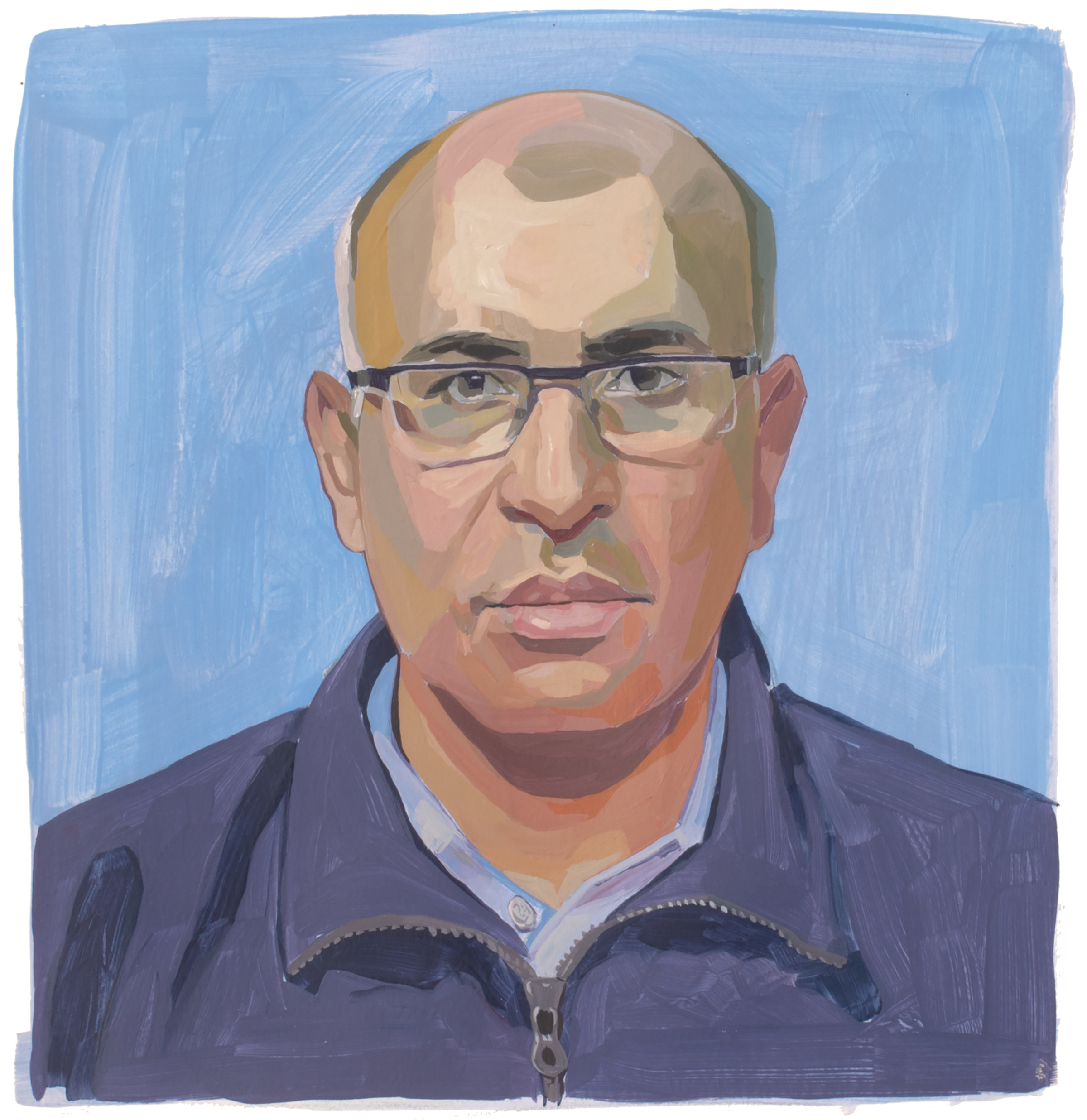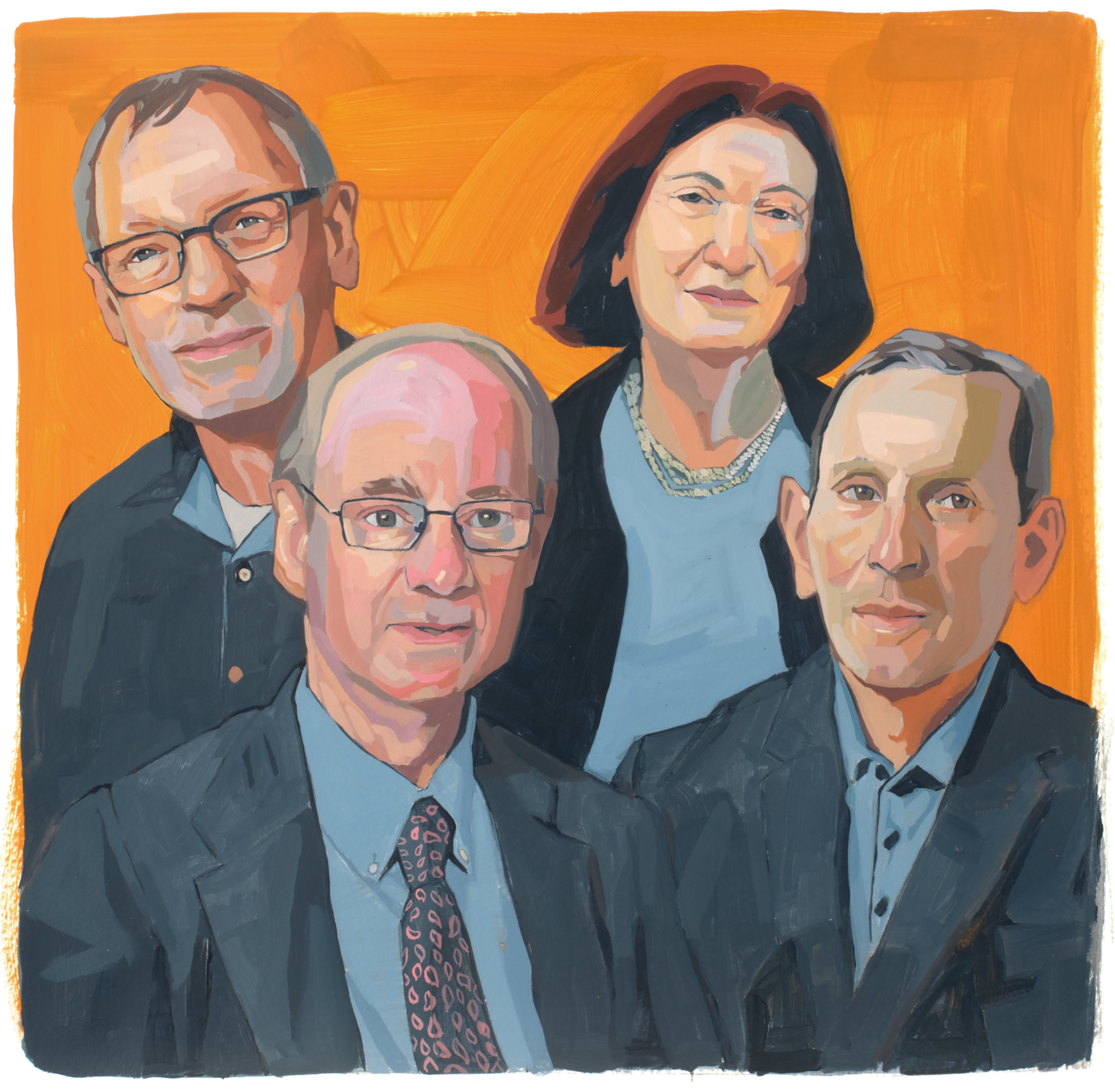Dr. Avindra Nath, clinical director of the U.S. National Institute of Neurological Disorders and Stroke, has always been interested in viruses. He completed his neurology training during the AIDS epidemic, a formative experience that left him fascinated by how viruses interact with the nervous system. This year, that interest yielded a historic study—perhaps the most extensive ever conducted—on a long-ignored and mysterious condition: myalgic encephalomyelitis/chronic fatigue syndrome (ME/CFS).
For the multi-million-dollar study, a research team led by Nath carried out a battery of tests on 17 people with ME/CFS, a condition characterized by extreme fatigue, which is worsened by physical and mental exertion. The range and intensity of testing was unique, Nath says. Participants underwent everything from MRIs to spinal taps to muscle biopsies and comprehensive questionnaires, in hopes of helping Nath’s team find the root causes of their enigmatic condition.
Researchers have long known that people tend to develop ME/CFS after viral infections. Nath’s study adds to their understanding of what goes wrong in the aftermath. The team found that people with ME/CFS have overactive and exhausted immune systems, perhaps because “bits and pieces” of an infectious pathogen linger in the body.
The study’s findings will be instrumental in pushing forward research and treatment trials focused not only on ME/CFS but also on other postinfectious illnesses like Long COVID, which may share similar roots, Nath says. “It’s a great opportunity,” he says. “If you can crack one of them, I think we can crack all of them.”
More Must-Reads from TIME
- Why Biden Dropped Out
- Ukraine’s Plan to Survive Trump
- The Rise of a New Kind of Parenting Guru
- The Chaos and Commotion of the RNC in Photos
- Why We All Have a Stake in Twisters’ Success
- 8 Eating Habits That Actually Improve Your Sleep
- Welcome to the Noah Lyles Olympics
- Get Our Paris Olympics Newsletter in Your Inbox
Write to Jamie Ducharme at jamie.ducharme@time.com





